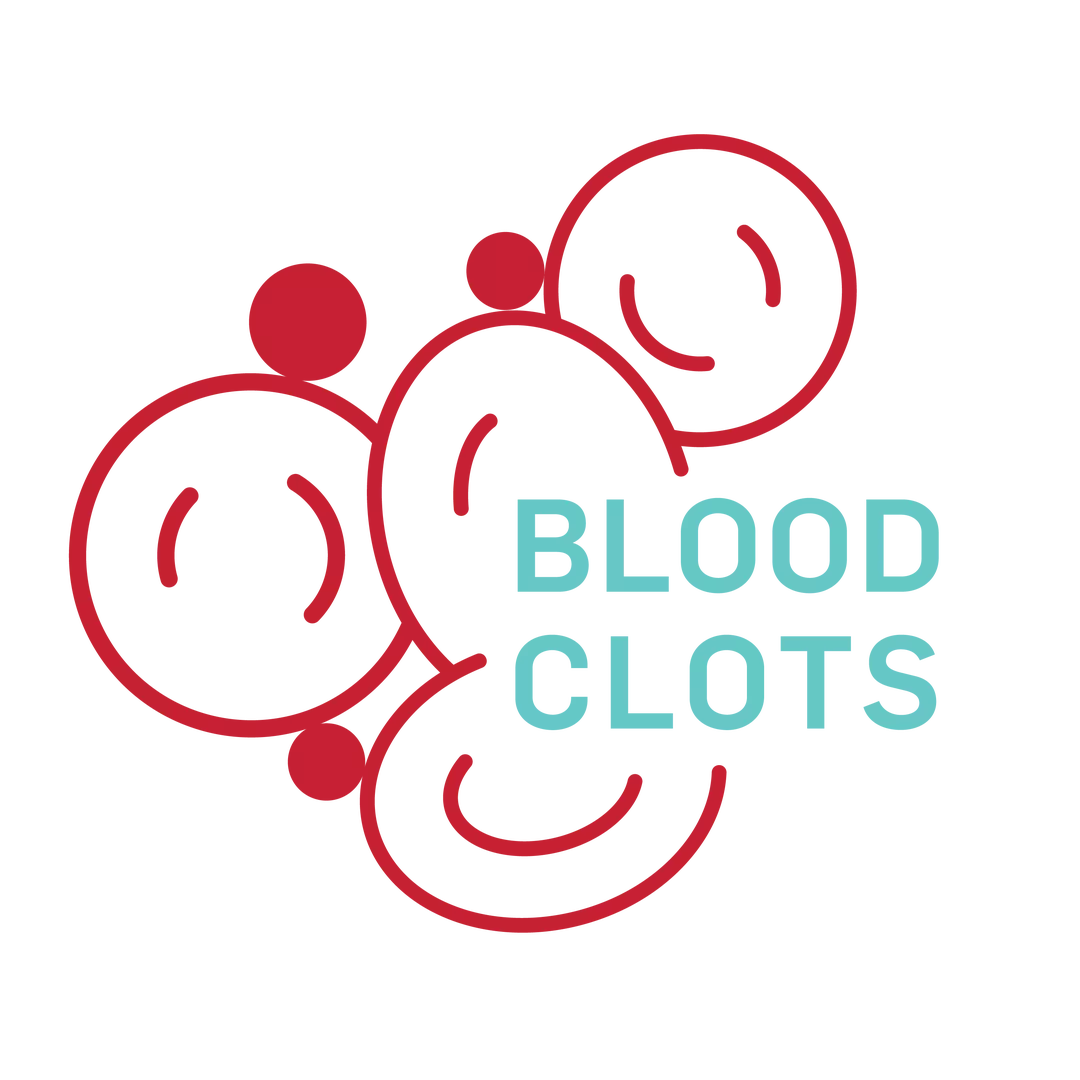Researchers from Australia’s own Heart Research Institute (HRI) are on the precipice of a world-first medical breakthrough for the treatment of one of the most devastating, life-threatening complications of the novel coronavirus (COVID-19) – microscopic blood clots.
In an important breakthrough, clinicians on the frontline have recently identified a critical role for blood clots in converting COVID-19 from a mild respiratory disorder into a devastating life-threatening disease. Severe COVID-19 infection leading to respiratory failure is associated with the development of widespread blood clots throughout the lungs. With up to 75 per cent of ICU patients with COVID-19 developing these blood clots, preventing or dissolving them quickly may be the key to preventing death and long-term organ damage from this disease.
"The extent of the blood clotting problem in COVID-19 patients was totally unexpected," according to Professor Ben Freedman, a Sydney cardiologist with a research interest in blood clotting complications. "Recent evidence from the Mount Sinai Hospital, New York suggests that anti-clotting therapies may be our best option to prevent lethal complications from this devastating disease."
In search of the optimal anti-clotting treatments for COVID-19
Existing treatments for blood clots forming in COVID-19 patients appear to be only partially effective and may increase the risk of bleeding side effects. The current recovery rate for critically-ill COVID-19 patients who develop blood clots is low, with patients often on ventilators up until their death. However, the new anti-clotting drug developed by HRI scientists is highly effective at preventing the formation and breakup of newly-formed blood clots. This drug has an unprecedented safety profile when used in combination with existing blood clotting drugs.
Lead Thrombosis researcher, Professor Shaun Jackson, Scientific Director at HRI has been tirelessly working on the Australian-born project with his team for over two decades, with a view to using the drug on patients with stroke. He says COVID-19 presents a unique opportunity for the breakthrough treatment – and the patients it helps.
“This current global pandemic has increased the urgency to get our drug trialled in patients and onto the market as soon as possible”.
An urgent clinical trial is required
With no other research globally that is as advanced on this class of drug, Professor Jackson’s innovative breakthrough medicine has the potential to not only save many thousands of lives from COVID-19, but also to become a global blockbuster therapy for patients suffering stroke or heart disease.
Following successful phase 1 trials that demonstrated the drug’s safety in otherwise healthy patients (these trials have been published in leading peer-reviewed medical journals), HRI researchers want to urgently move into global phase 2 trials, testing the effectiveness and safety of the drug in critically ill COVID-19 patients. Meaning, it could be a matter of months before doctors around the world can use the novel anti-clotting drug to protect patients with COVID-19, potentially saving thousands of lives.
“A really unexpected problem in patients with COVID-19 is a complication of stroke, and not necessarily just in the elderly. New anti-clotting approaches to prevent this are urgently needed,” says Professor Chris Levi, a leading stroke neurologist at the University of NSW and Chair of the Australian Health & Research Alliance.
“We were on a great trajectory with this anti-clotting drug for use in stroke victims, though now COVID-19 has created a true, immediate emergency” says Professor Jackson.
The aim of HRI’s clinical trials is to optimise the safety and effectiveness of its anti-clotting therapies in COVID-19 patients, both to improve the breakdown of clots in the lung and to increase the anti-clotting benefits of heparin to prevent respiratory failure.
A multi-use blockbuster therapy
Importantly, unlike other touted COVID-19 treatments, this anti-clotting drug is not being repurposed for the virus. Despite being initially developed by the Thrombosis research team to target blood clots within stroke victims, it is still doing what it was made to do – targeting and dissolving blood clots in the body and saving lives. Something we are learning is one of the major problems in COVID-19.
While the focus is on the urgent need for trial on COVID-19 patients with blood clots right now, the resulting findings will be useful in the development of a pipeline of drugs for the management of stroke and heart disease, two of the largest killers globally.
If Professor Jackson’s clinical trials are successful, his team’s innovative anti-clotting medicine could put Sydney-based medical research on the map and become a global blockbuster therapy for patients suffering COVID-19, stroke or heart disease.







